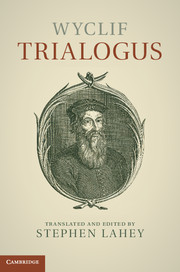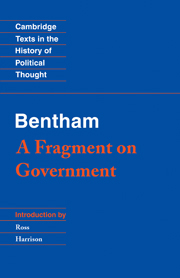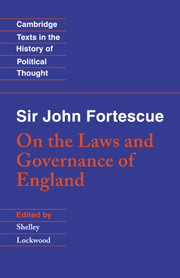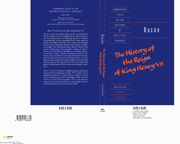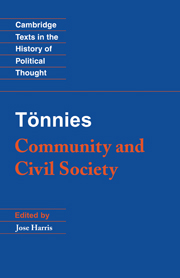One of Lincoln’s most controversial decisions during the Civil War was to suspend the writ of habeas corpus. This meant that suspects could be held without being charged with a specific crime, without trial before a jury of their peers, and without legal counsel. Far from acting extra-constitutionally, Lincoln claimed constitutional grounds: Article I, section 9 states that “The Privilege of the Writ of Habeas Corpus shall not be suspended, unless when in Cases of Rebellion or Invasion the public Safety shall require it.” The Confederate war against the United States, Lincoln reasoned, was a rebellion pure and simple and a threat to public safety. His critics were not mollified, however, and Lincoln had repeatedly to justify his decision to suspend habeas corpus (see selections 24 and 25).
By The Presidentof The United Statesof America
A Proclamataion
Whereas, it has become necessary to call into service not only volunteers but also portions of the militia of the States by draft in order to suppress the insurrection existing in the United States, and disloyal persons are not adequately restrained by the ordinary processes of law from hindering this measure and from giving aid and comfort in various ways to the insurrection;
Now, therefore, be it ordered, first, that during the existing insurrection and as a necessary measure for suppressing the same, all Rebels and Insurgents, their aiders and abettors within the United States, and all persons discouraging volunteer enlistments, resisting militia drafts, or guilty of any disloyal practice, affording aid and comfort to Rebels against the authority of the United States, shall be subject to martial law and liable to trial and punishment by Courts Martial or Military Commission.
Second. That the Writ of Habeas Corpus is suspended in respect to all persons arrested, or who are now, or hereafter during the rebellion shall be, imprisoned in any fort, camp, arsenal, military prison, or other place of confinement by any military authority or by the sentence of any Court Martial or Military Commission.
. . .
